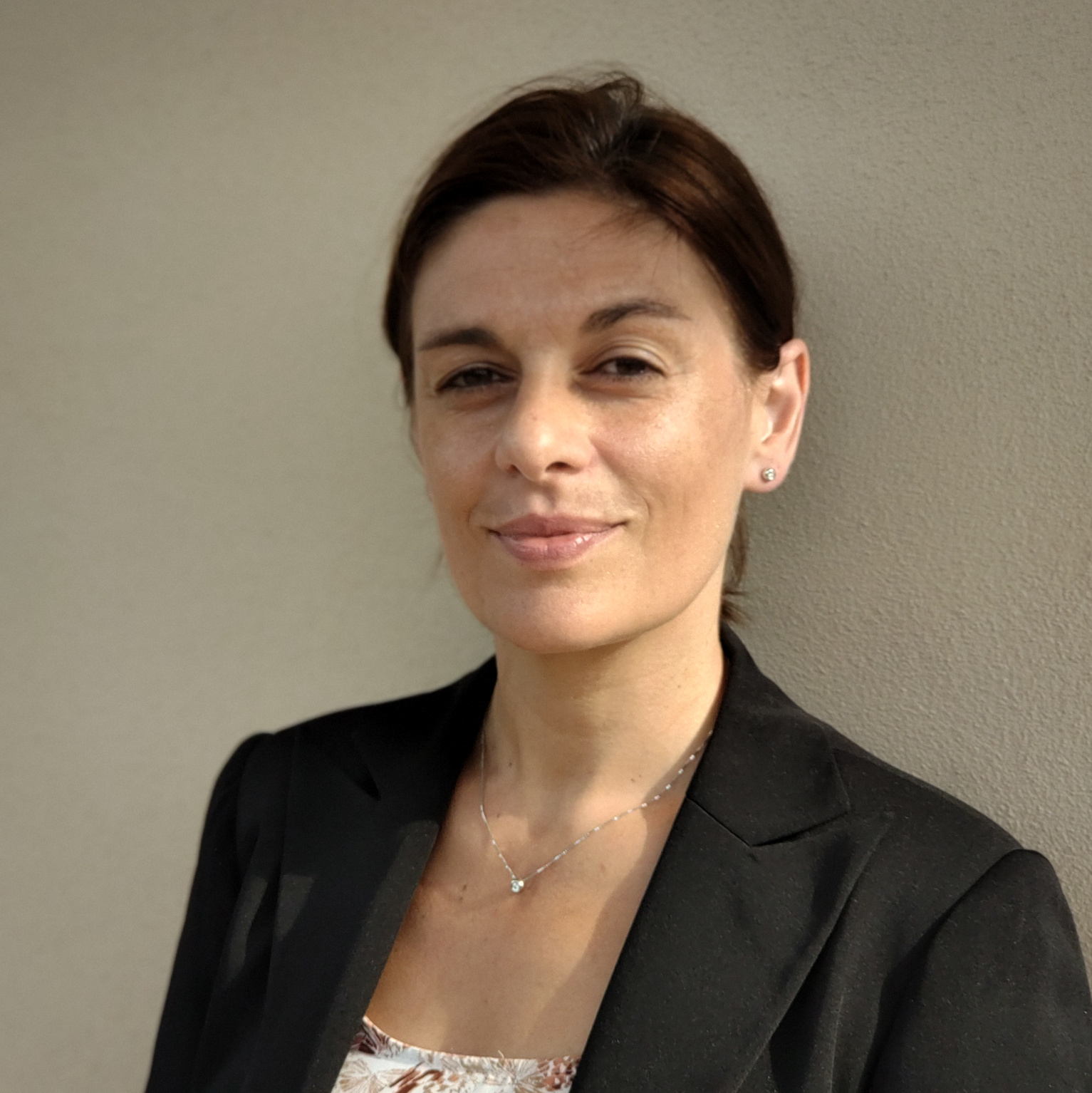Programming cells: from models to data and back
The ability to program ad hoc cells and biological processes offers exciting opportunities in basic research, in the biotechnology industry and in the clinic. Computer-aided design can significantly accelerate design-build-test-learn cycles for cellular programming; however, the lack of established design tools which can cover biological functions across scales, and difficulties in engineering systems robust to changes and perturbations, still represent major roadblocks.
In this talk, I will present two complementary approaches to rationally and robustly program cellular phenotypes. I will first discuss how computer-aided cell design can be supported by whole-cell models (WCMs), which are mathematical models aimed at capturing the function of all genes and multiscale processes within a cell. The design of minimal bacterial genomes will be used as a proof-of-concept; I will also show how machine learning can support WCMs’ output interpretation and solve their computational burden challenge. The second approach, named cybergenetics, leverages feedback control to engineer robust cellular phenotypes; different applications will be presented (e.g., control-based analysis of gene network dynamics, drug combination therapy design).
Our tools and results should make the design of complex cellular phenotypes and laboratory engineering a step closer.
